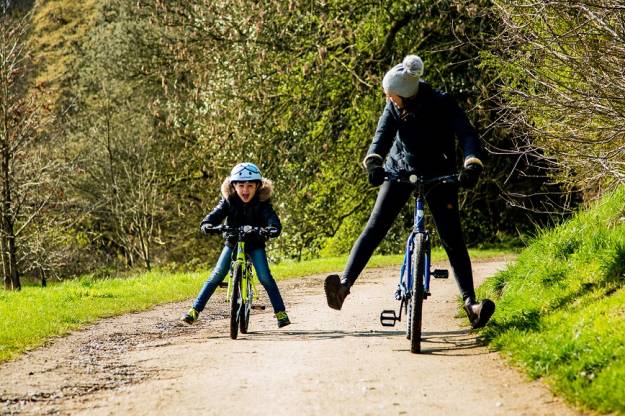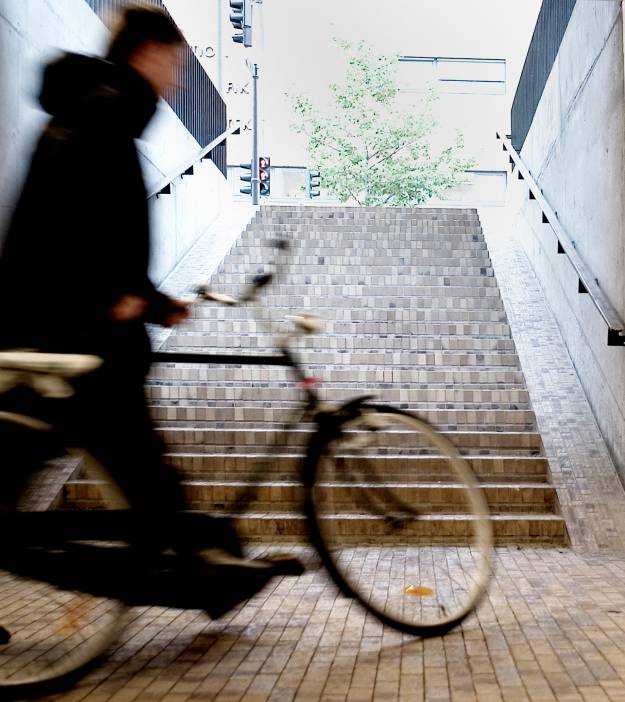British Cycling’s campaign to secure a comprehensive review of how the justice system operates when people are hurt or killed on the roads took a significant step forward as a newly formed Justice Working Group held its first meeting in London.

The first meeting comes almost two years after the tragic death of cyclist Rob Jefferies, who worked for British Cycling as a volunteer co-ordinator. In May 2012, to mark the first anniversary of Rob’s death, British Cycling and Cycling Weekly joined forces to call for urgent action to be taken by the government. Rob Jefferies was on a daylight training ride near his home in Dorset with a friend when he was hit from behind and killed. The 18 year old man driving the car, who had already been caught speeding since passing his test earlier that year, was given an 18 month ban, a re-test and 200 hours of community service.
Rob’s brother, Will Jefferies, has been instrumental in the campaign to get a justice review underway. Will accompanied British Cycling to key meetings with ministers in the months leading up to this first meeting, including speaking during a parliamentary debate at Westminster Hall.
| Case study – Martin Porter QC | |||
|
In September 2012, Martin Porter QC, a lawyer who cycles regularly to work, was the victim of a very risky overtaking manoeuvre by a lorry driver. Martin always has a camera on his bike and, after reviewing the footage, he reported the incident to Surrey police. He was told that the driver would be charged with dangerous driving and that a guilty plea was anticipated. However, after the court case, Porter was informed that the driver had pleaded guilty to a lesser charge of driving without due care and that the more serious dangerous driving charge had been dropped. The defendant received a £265 fine and four penalty points. Martin was not informed at any stage of the process that the previous charge had been dropped and a lesser charge accepted. Martin registered a complaint which was rejected by the Crown Prosecution Service. Martin was invited to give evidence at the All Party Parliamentary Cycling group in January on this matter and you can read more on his blog here. |
Hosted by the Department for Transport, the meeting was attended by representatives from British Cycling, the Ministry of Justice, the Crown Prosecution Service (CPS), the Metropolitan Police, the Home Office, CTC and Roadpeace.
The group will look at all aspects of the criminal justice system to ensure that it is adequately protecting vulnerable road users. This includes looking at how incidents are investigated, the legal framework of offences available, the guidance given to the CPS, and the level of support offered to victims and their families. The group will also look at whether there is a case for sentencing guidelines to be reviewed, what can be done to increase the transparency of data on outcomes of cases and whether a public information and education programme is needed.
British Cycling’s Policy and Legal Affairs Director, Martin Gibbs, said:
“This first meeting marks a significant victory for British Cycling and our 69,000 members. For the past year, we’ve been campaigning for a comprehensive review of the justice system to make it fairer for vulnerable road users - and now we’re starting to see this happen.
“All too often the criminal justice system lets cyclists down by failing to prosecute or returning sentences which don’t reflect the seriousness of the crime. Now that this review is underway, British Cycling will do everything it can to influence decision makers to put this right.”
The next meeting of the Justice Working Group will take place on 30 April.












